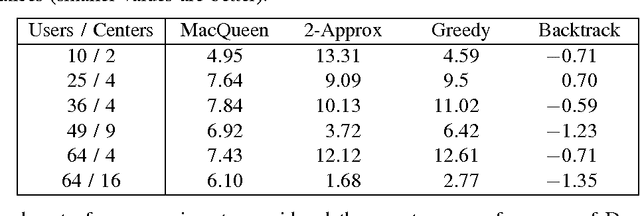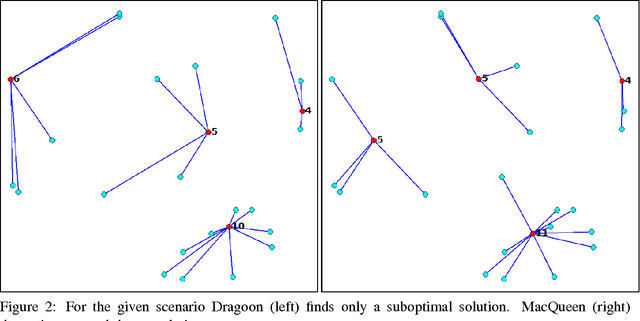Oliver Rose
SoccerNet 2025 Challenges Results
Aug 26, 2025Abstract:The SoccerNet 2025 Challenges mark the fifth annual edition of the SoccerNet open benchmarking effort, dedicated to advancing computer vision research in football video understanding. This year's challenges span four vision-based tasks: (1) Team Ball Action Spotting, focused on detecting ball-related actions in football broadcasts and assigning actions to teams; (2) Monocular Depth Estimation, targeting the recovery of scene geometry from single-camera broadcast clips through relative depth estimation for each pixel; (3) Multi-View Foul Recognition, requiring the analysis of multiple synchronized camera views to classify fouls and their severity; and (4) Game State Reconstruction, aimed at localizing and identifying all players from a broadcast video to reconstruct the game state on a 2D top-view of the field. Across all tasks, participants were provided with large-scale annotated datasets, unified evaluation protocols, and strong baselines as starting points. This report presents the results of each challenge, highlights the top-performing solutions, and provides insights into the progress made by the community. The SoccerNet Challenges continue to serve as a driving force for reproducible, open research at the intersection of computer vision, artificial intelligence, and sports. Detailed information about the tasks, challenges, and leaderboards can be found at https://www.soccer-net.org, with baselines and development kits available at https://github.com/SoccerNet.
Evaluation of the general applicability of Dragoon for the k-center problem
May 28, 2020



Abstract:The k-center problem is a fundamental problem we often face when considering complex service systems. Typical challenges include the placement of warehouses in logistics or positioning of servers for content delivery networks. We previously have proposed Dragoon as an effective algorithm to approach the k-center problem. This paper evaluates Dragoon with a focus on potential worst case behavior in comparison to other techniques. We use an evolutionary algorithm to generate instances of the k-center problem that are especially challenging for Dragoon. Ultimately, our experiments confirm the previous good results of Dragoon, however, we also can reliably find scenarios where it is clearly outperformed by other approaches.
A Novel Multi-Agent System for Complex Scheduling Problems
Apr 20, 2020



Abstract:Complex scheduling problems require a large amount computation power and innovative solution methods. The objective of this paper is the conception and implementation of a multi-agent system that is applicable in various problem domains. Independent specialized agents handle small tasks, to reach a superordinate target. Effective coordination is therefore required to achieve productive cooperation. Role models and distributed artificial intelligence are employed to tackle the resulting challenges. We simulate a NP-hard scheduling problem to demonstrate the validity of our approach. In addition to the general agent based framework we propose new simulation-based optimization heuristics to given scheduling problems. Two of the described optimization algorithms are implemented using agents. This paper highlights the advantages of the agent-based approach, like the reduction in layout complexity, improved control of complicated systems, and extendability.
 Add to Chrome
Add to Chrome Add to Firefox
Add to Firefox Add to Edge
Add to Edge